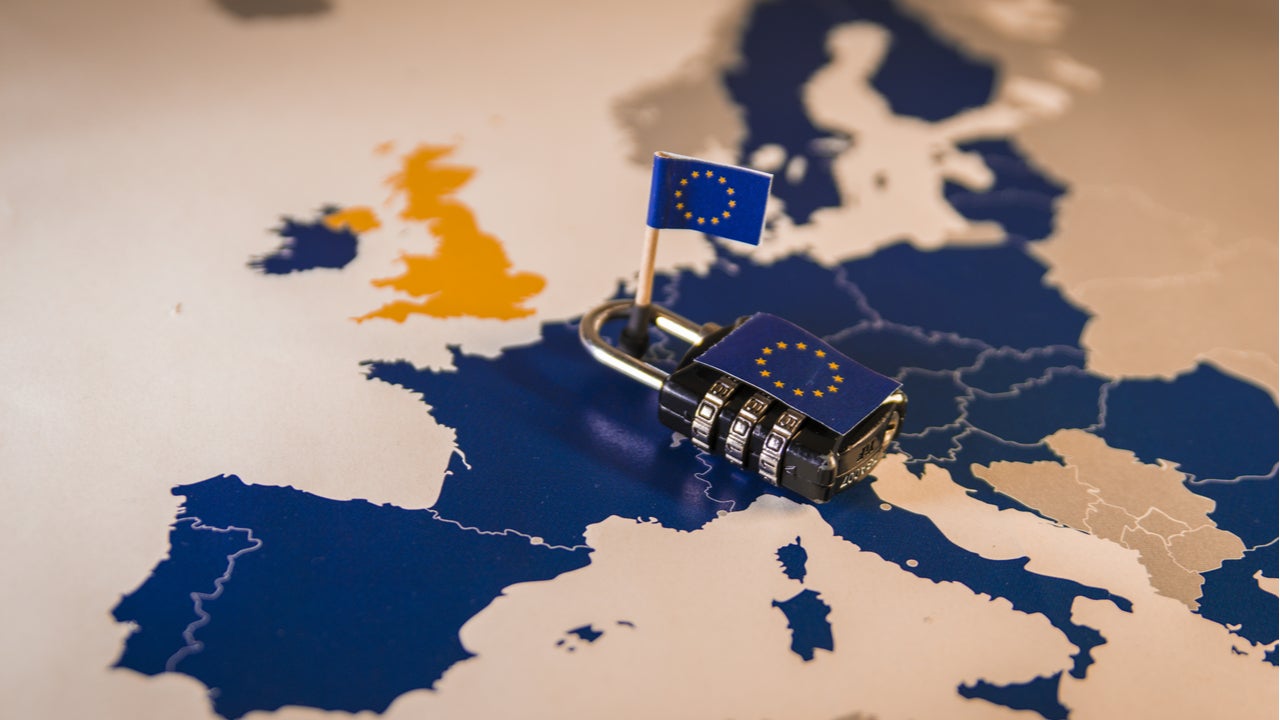Late last month, the UK government revealed a new 10-year plan ‘to make the UK a global artificial intelligence (AI) superpower’. In the same month, it emerged that the UK government is considering redefining or even removing a key AI regulation, Article 22, from the UK’s data regime. This is a worrying sign that the UK could be setting innovation against regulation in its new AI strategy rather than benefitting creatively from both.
According to GlobalData forecasts, AI platform revenues will reach $52 billion by 2024, up from $28 billion in 2019 and so it is unsurprising that the UK wants to be involved.
Where does the UK stand globally in AI?
This 10-year plan is the UK’s first national AI strategy, outlining AI research, funding, innovation, and governance. This is a clear post-Brexit attempt by the UK government to try to rival global leaders in AI like the US and China.
On the global stage for AI innovation, the UK isn’t yet at the US and China’s level. GlobalData’s patent database reveals that in the last three years the UK had only 2,000 AI patent publications compared to the US with 85,000 and China with 50,000.
Regulation and Article 22
Article 22 of the European General Data Protection Regulation (GDPR) which the UK adopted under its Data Protection Act 2018, ensures there are human reviews of AI decisions, such as online decisions to award loans, or recruitment aptitude tests that use algorithms to filter candidates automatically.
Some argue that regulations like Article 22 can slow down innovation in AI and are unnecessary precautions, describing Article 22 as “burdensome, costly and impractical”.
How well do you really know your competitors?
Access the most comprehensive Company Profiles on the market, powered by GlobalData. Save hours of research. Gain competitive edge.

Thank you!
Your download email will arrive shortly
Not ready to buy yet? Download a free sample
We are confident about the unique quality of our Company Profiles. However, we want you to make the most beneficial decision for your business, so we offer a free sample that you can download by submitting the below form
By GlobalDataThe implications of the UK falling behind in global AI developments are serious but equally, relaxing AI regulations and going down a path of perhaps only paying lip service to them can also have dire consequences.
There are already examples of the dangers of unregulated AI coming from the biggest contributors to AI innovation, the US and China. Last year it was reported in the US that a facial recognition match led to a Michigan man’s arrest for a crime he did not commit. AI conclusions can turn out to be incorrect or biased, so removing or redefining regulation which ensures a human review of these decisions could be deemed risky, or even irresponsible.
What’s next?
The UK’s 10 year-plan reveals that a White Paper will be published in early 2022 which will propose a pro-innovation national position on governing and regulating AI. The White Paper will provide evidence of how Article 22 will be watered down, or even removed, in UK regulation.
It is ill-conceived thinking that innovation and regulation are typically positioned as opposing forces in global AI developments. It cannot be one or the other. Both must co-exist. It would benefit everyone if a more symbiotic relationship between these forces could be developed for the future.








